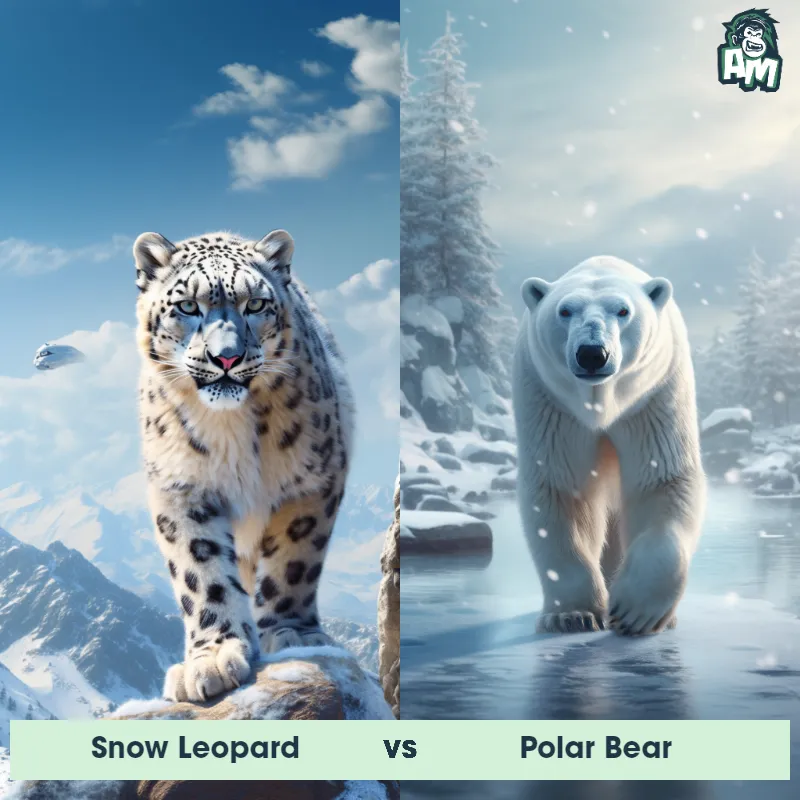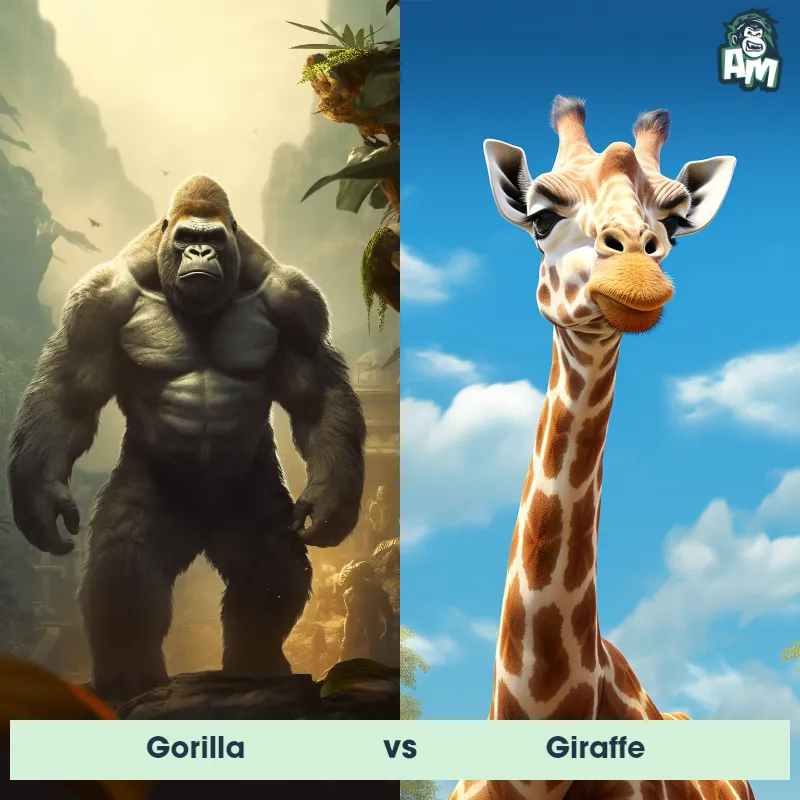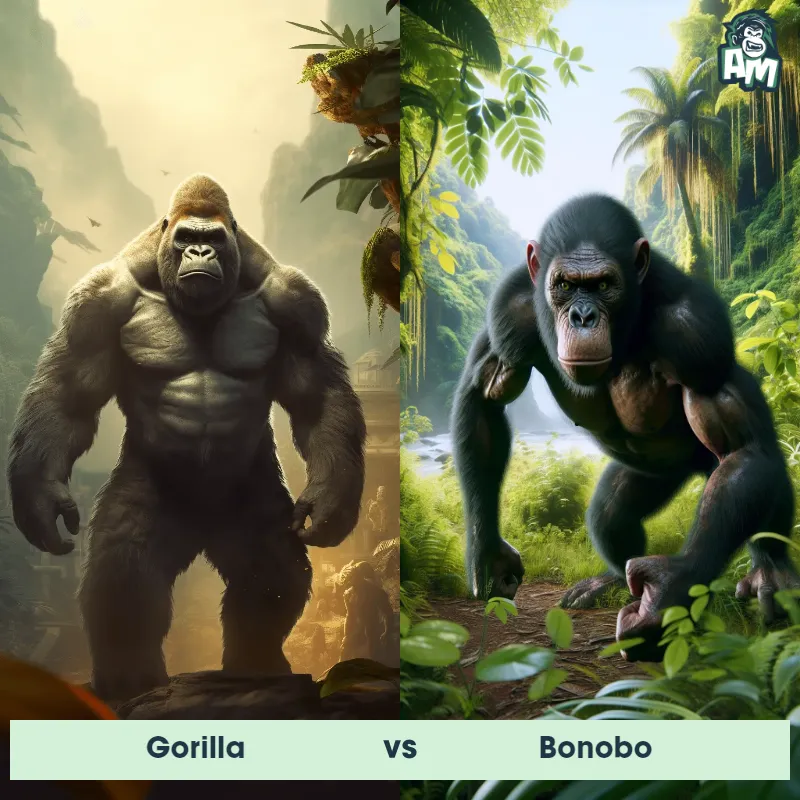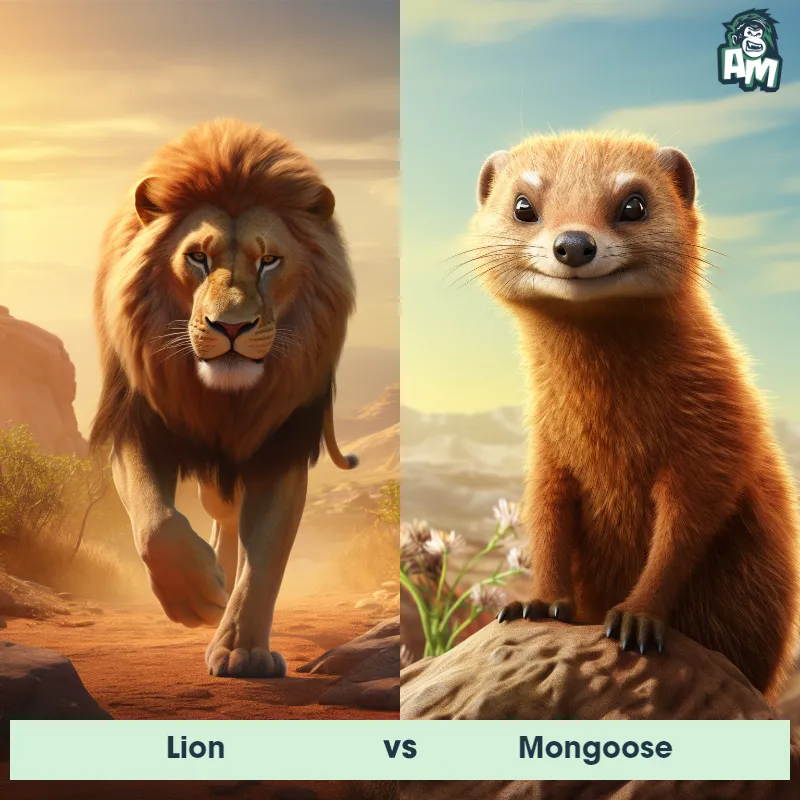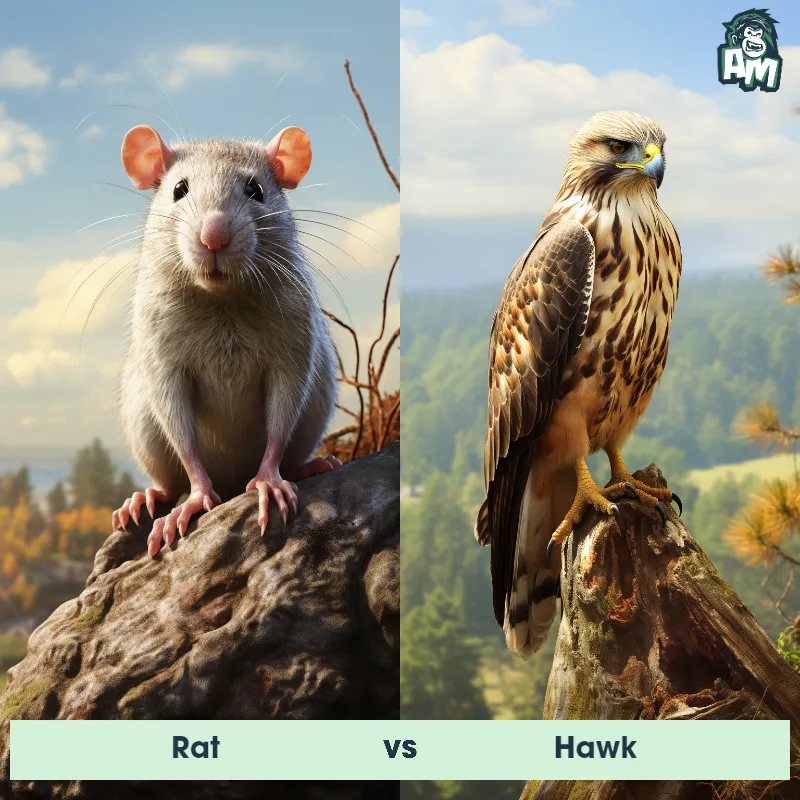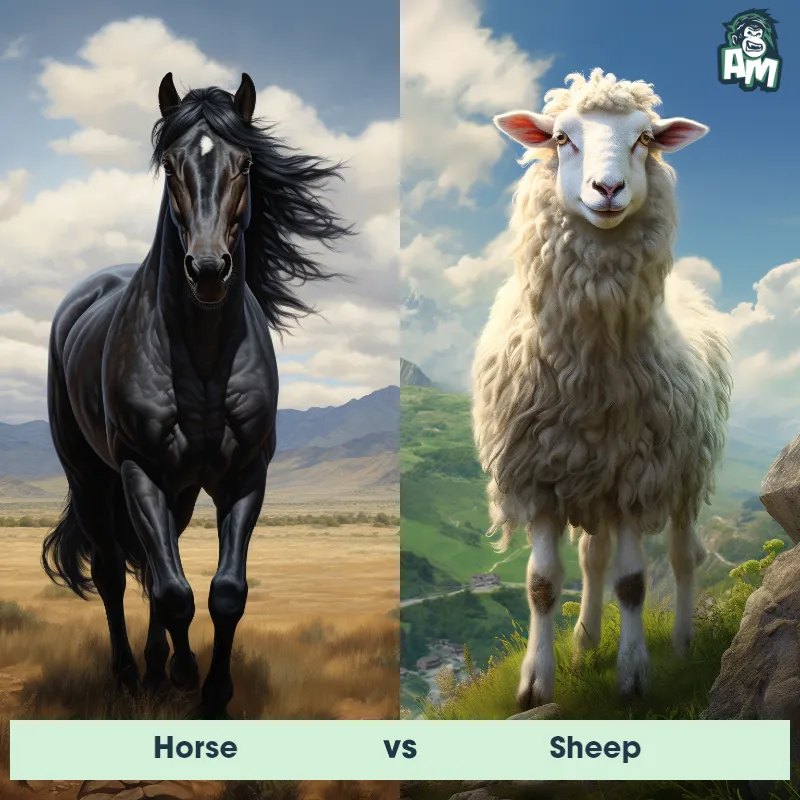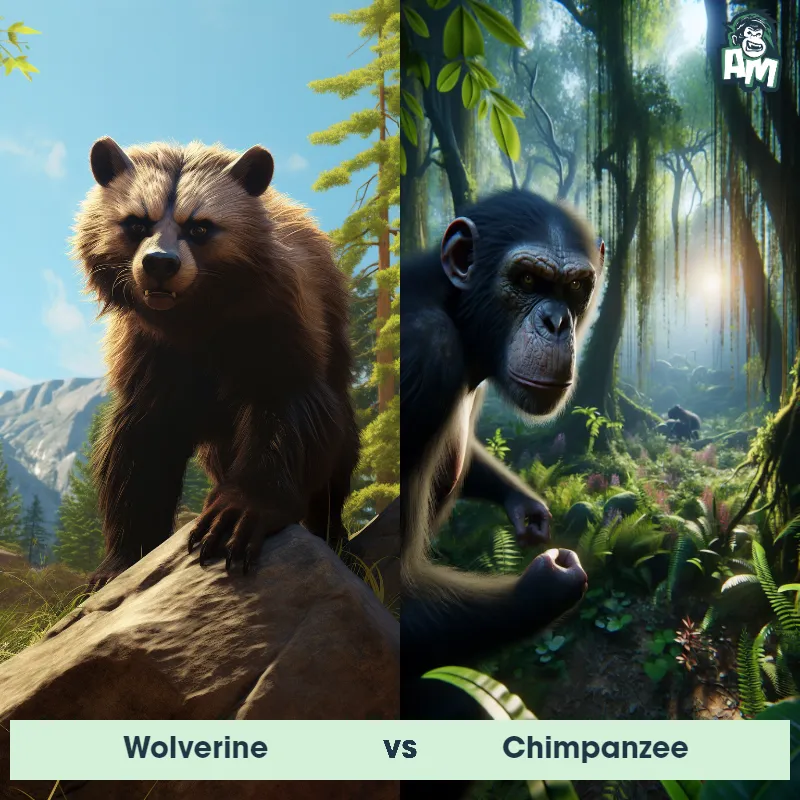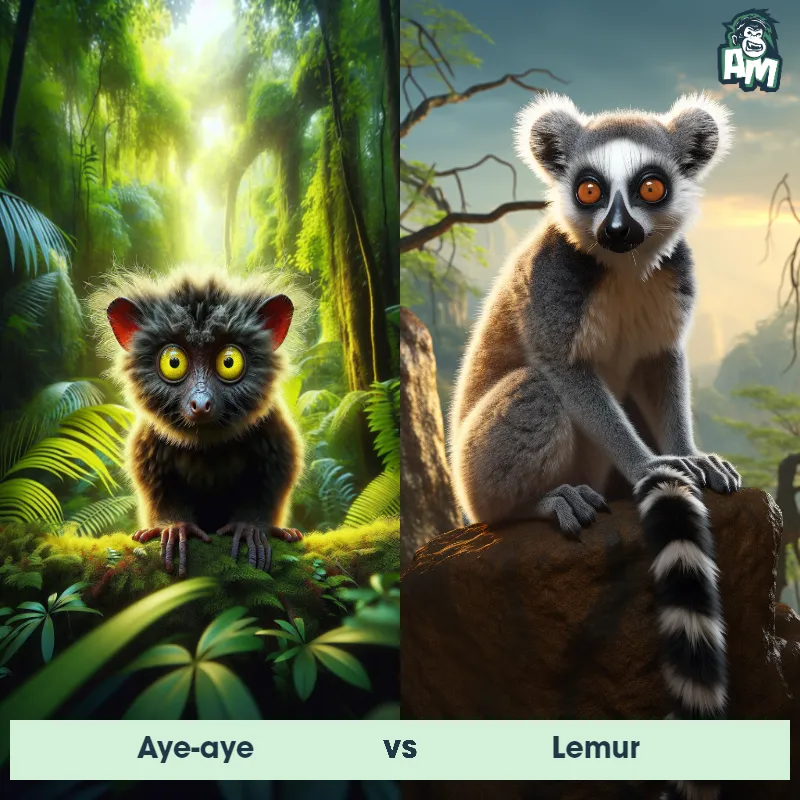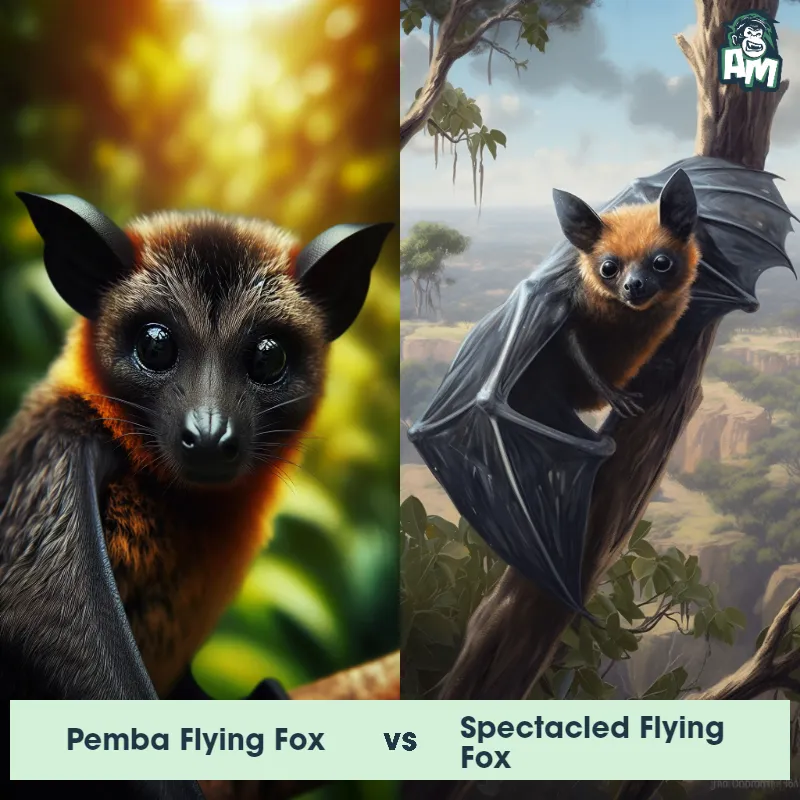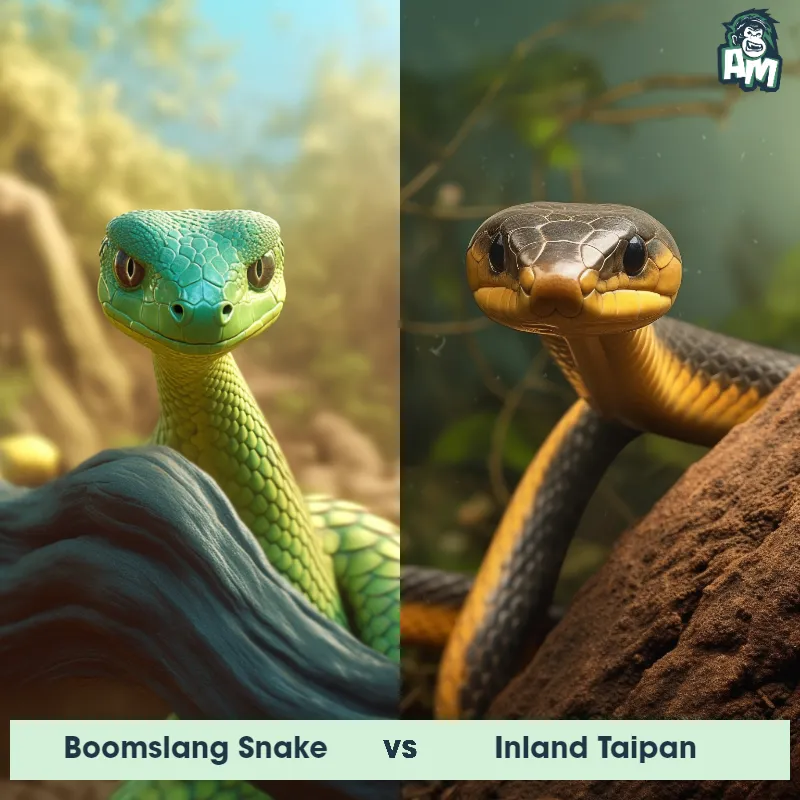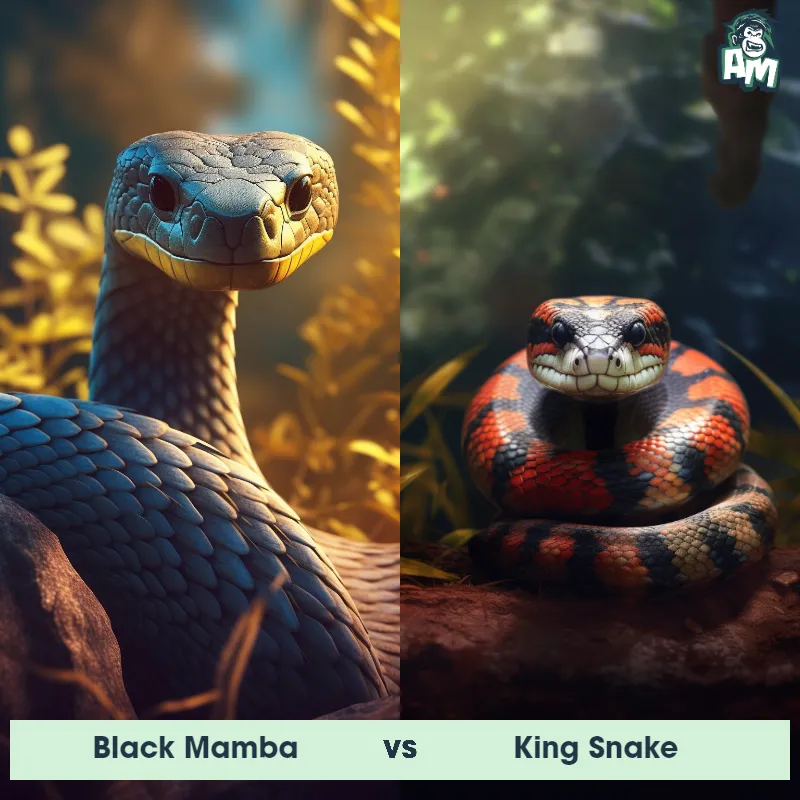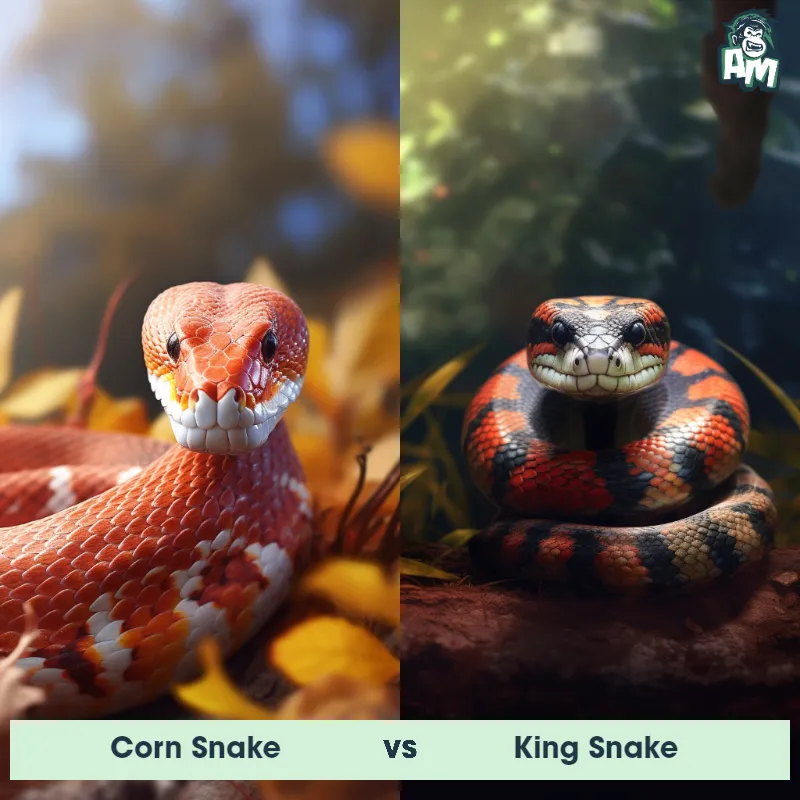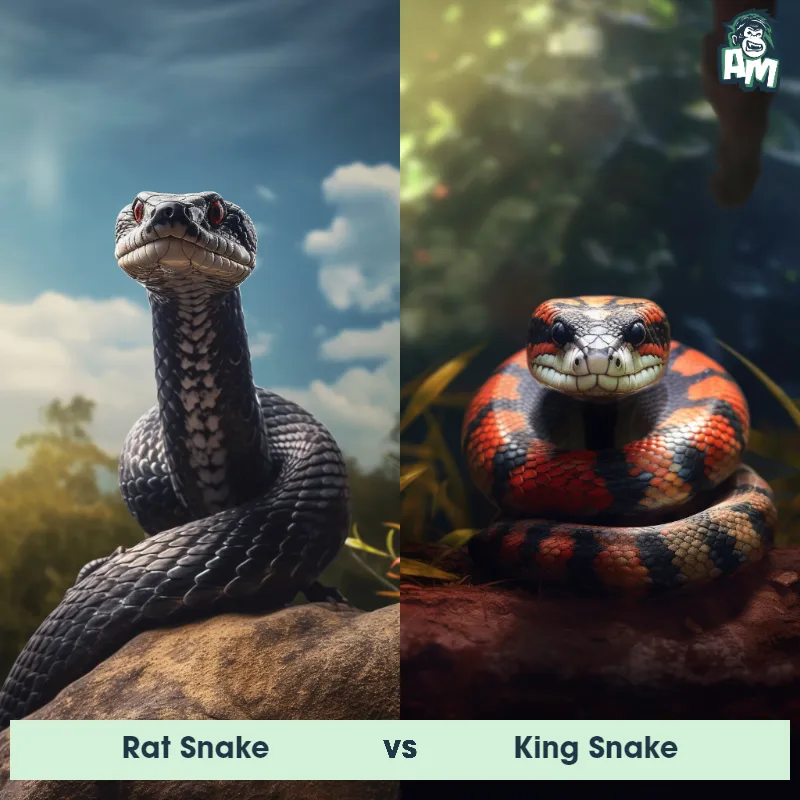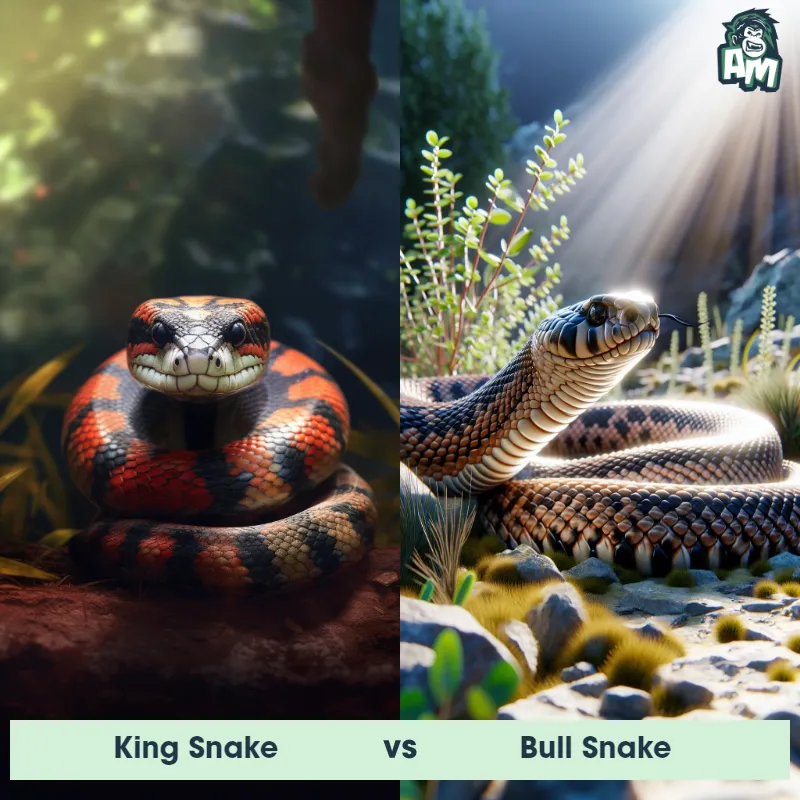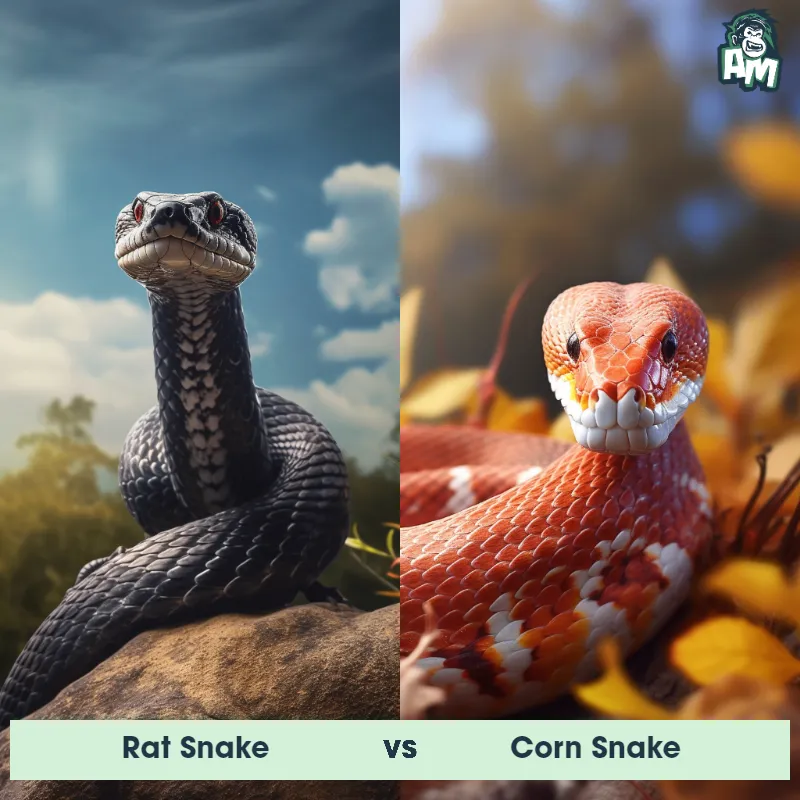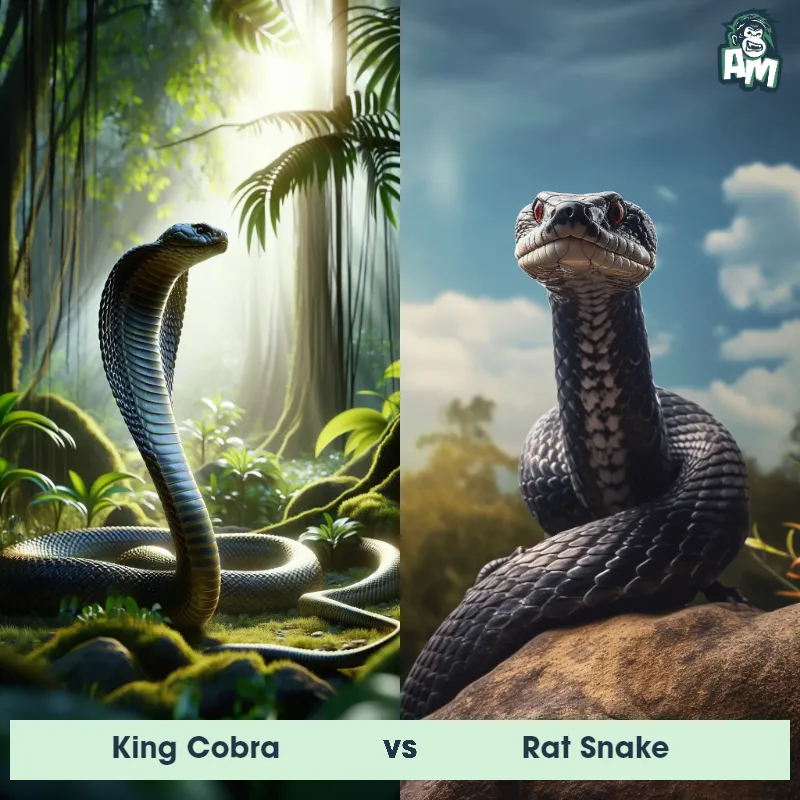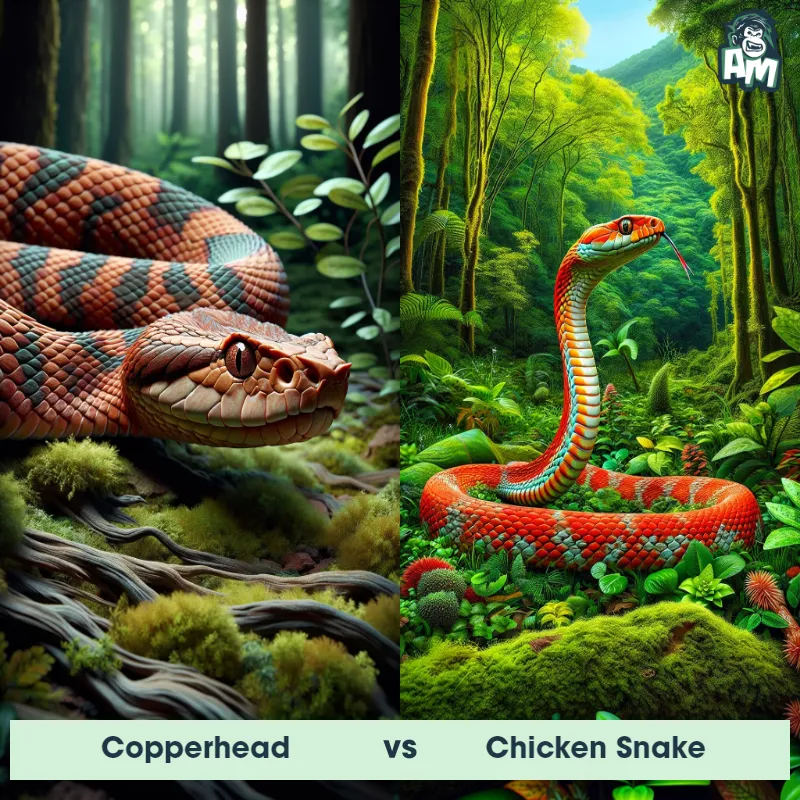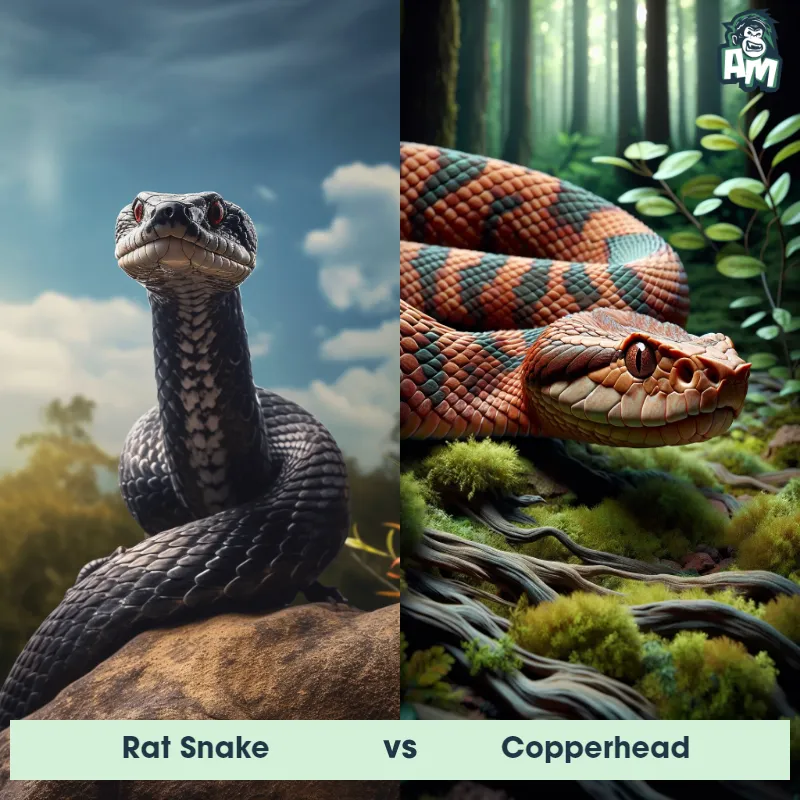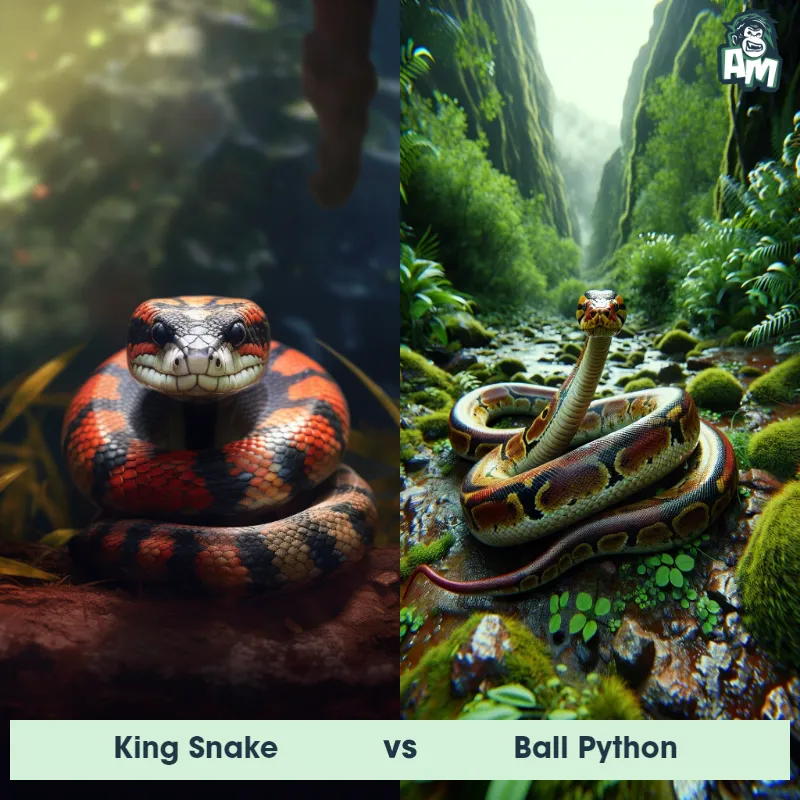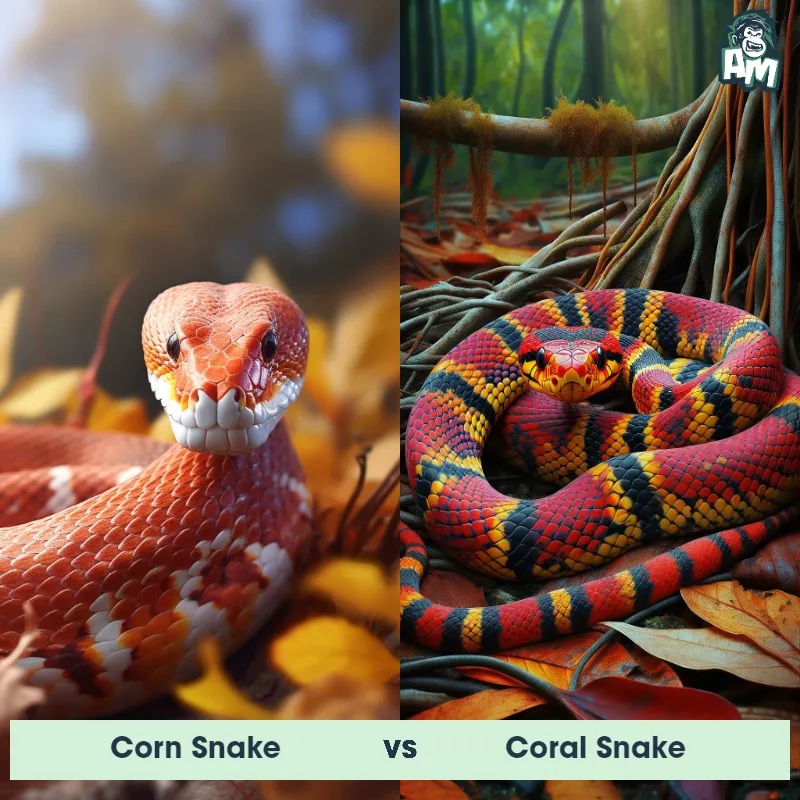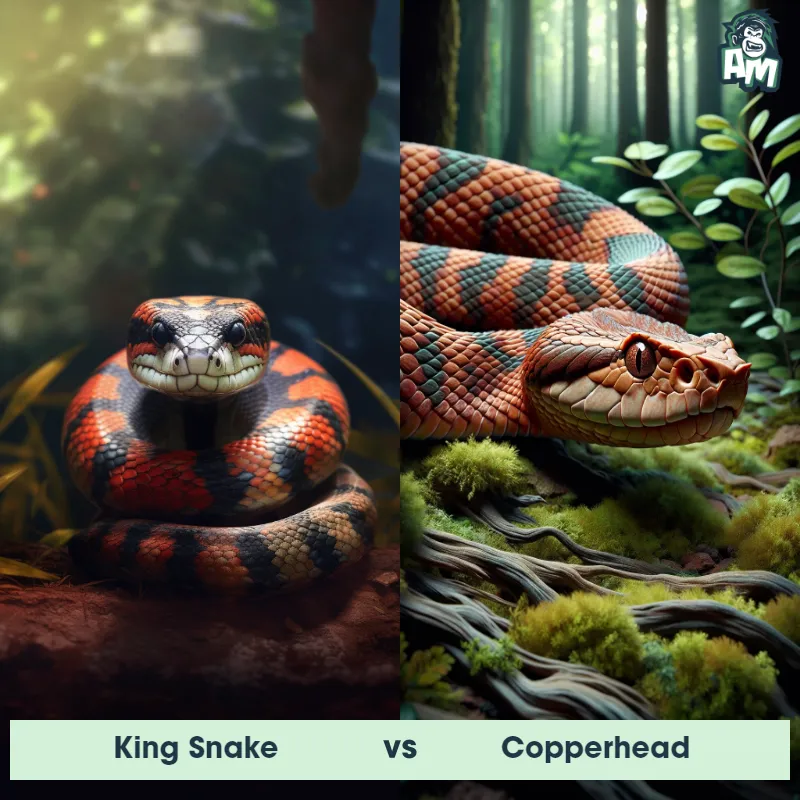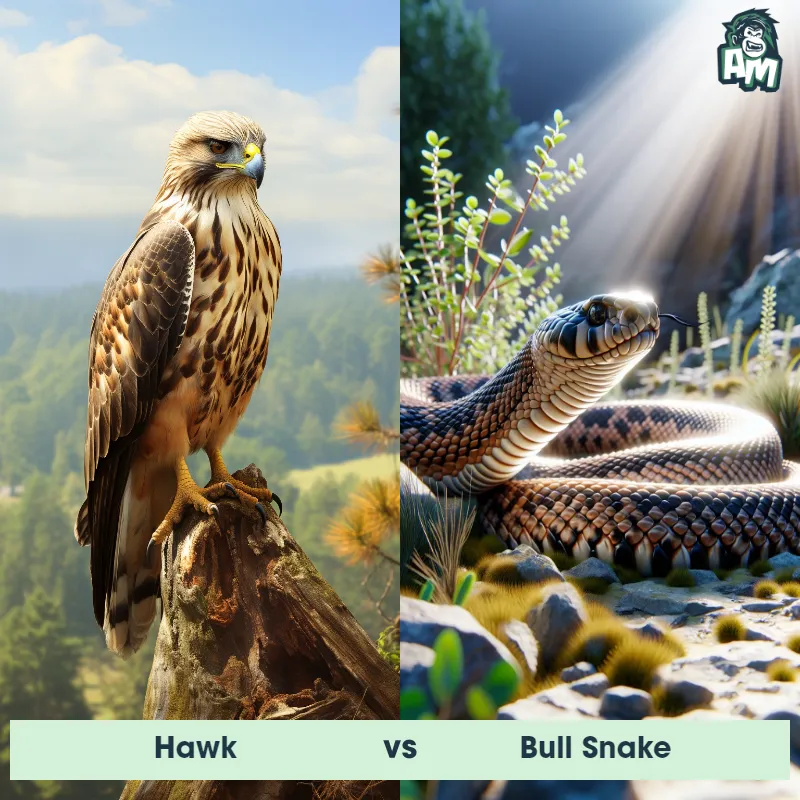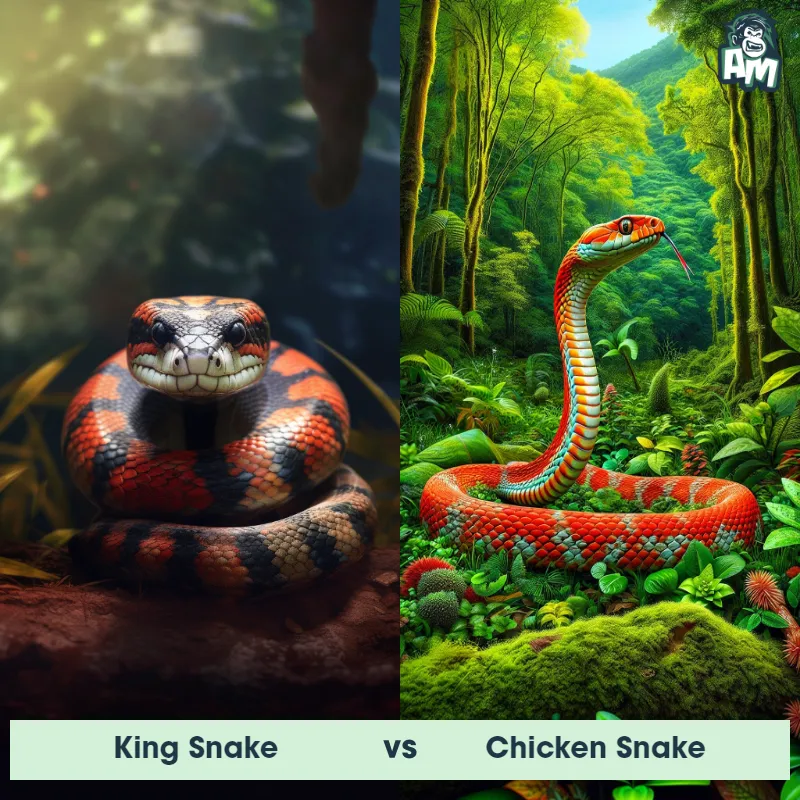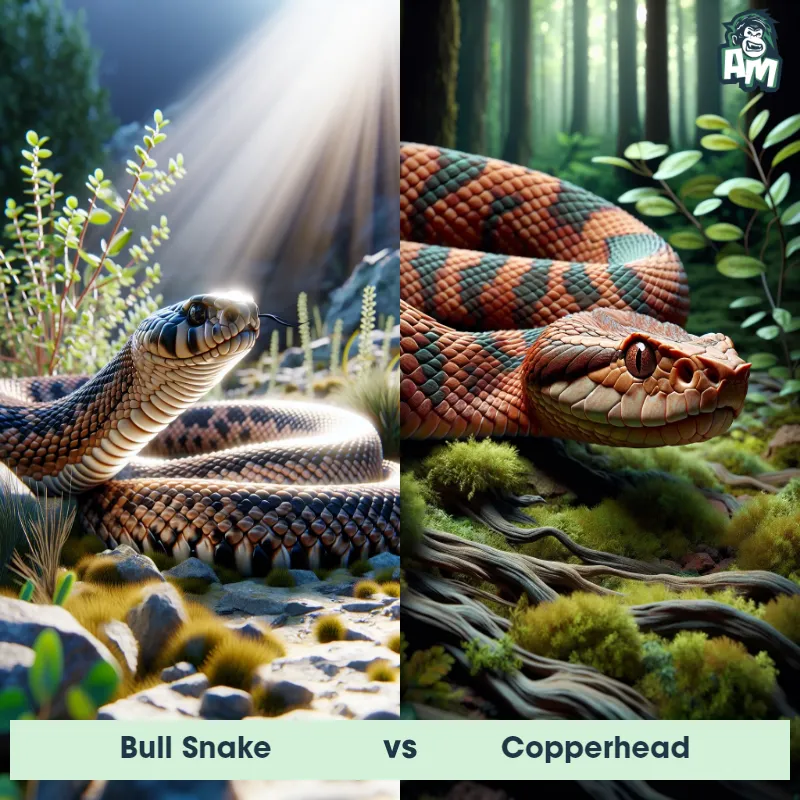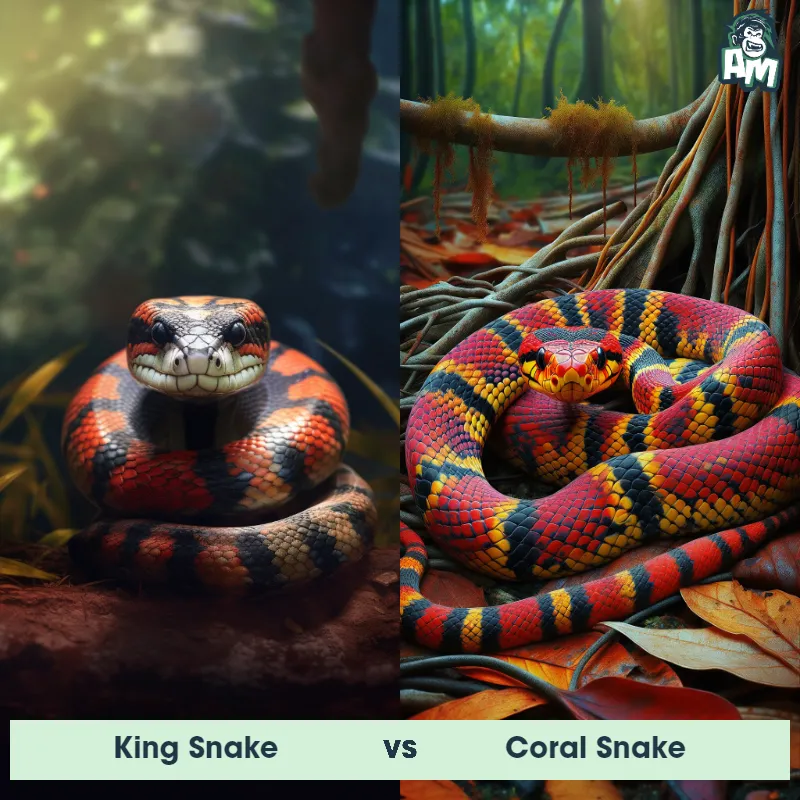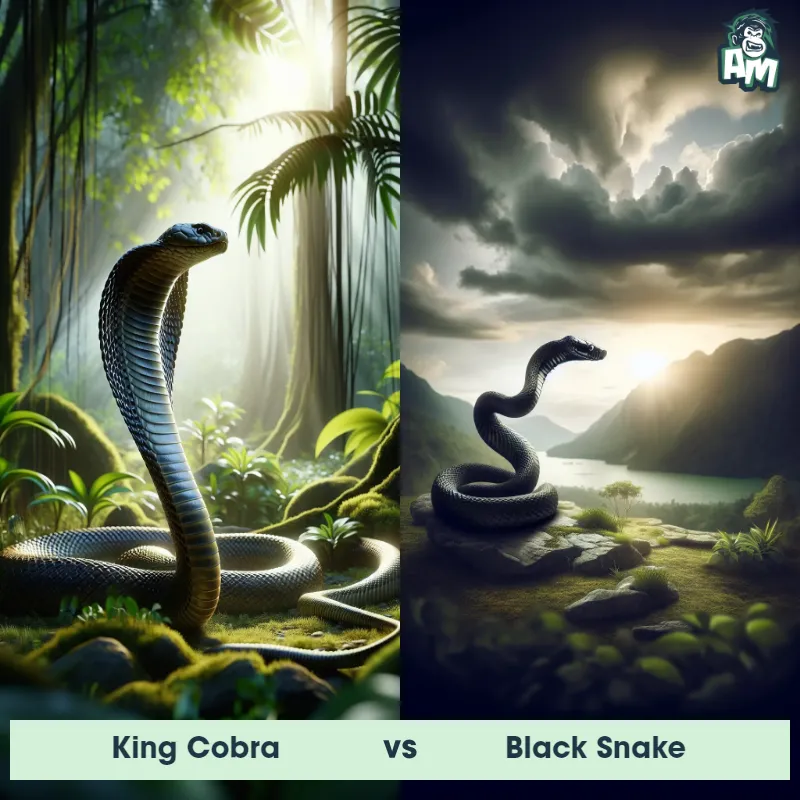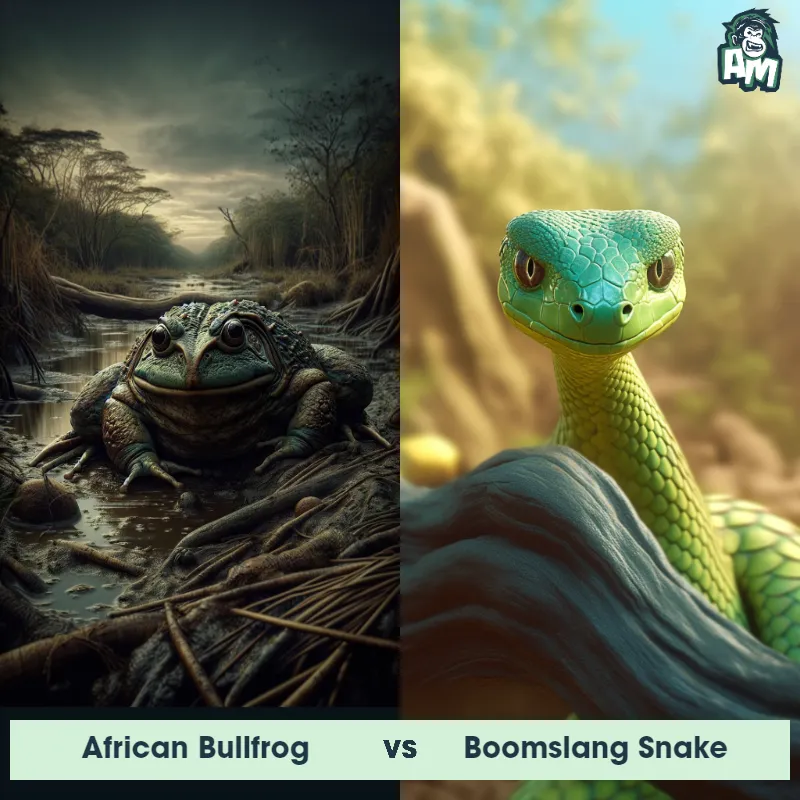Bull Snake vs Chicken SnakeSee Who Wins
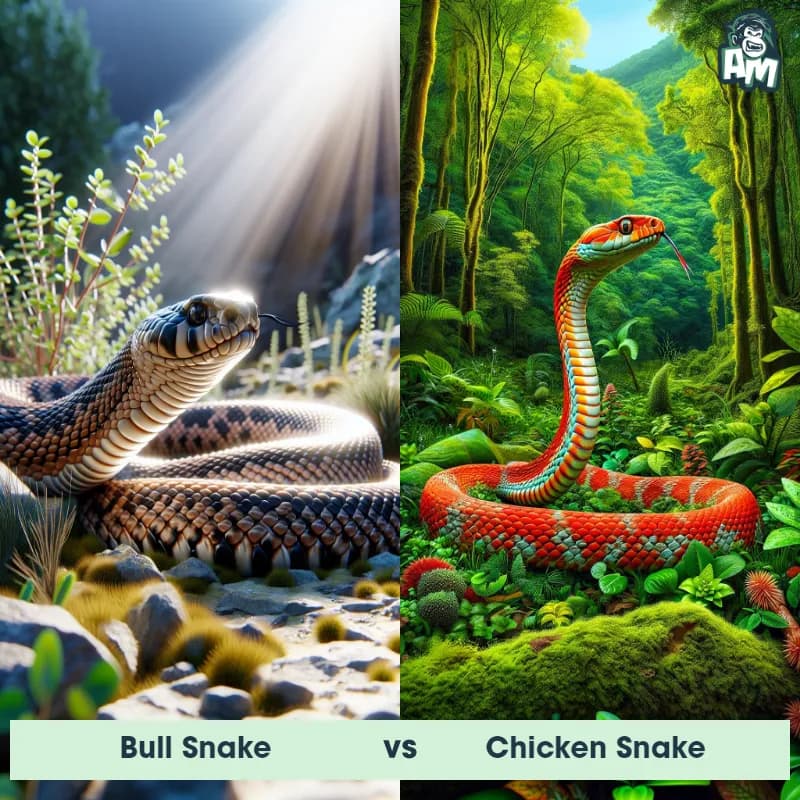
Ladies and gentlemen, welcome to this thrilling matchup between two formidable reptiles in the wild! It's a showdown between the Bull Snake and the Chicken Snake. These cunning creatures are ready to display their skills, setting the stage for an intense three-round fight. Let's dive right into the action!
Contender 1: Bull Snake
The Bull Snake, scientifically known as Pituophis catenifer, is a nonvenomous snake species found in North America. It is known for its large size, reaching an average length of 4-6 feet, with some individuals growing up to 8 feet long. Bull Snakes have an elongated and muscular body, covered in smooth scales, which can vary in color from yellowish-brown to tan. They have a series of dark blotches or saddles along their back, with a pale yellow or white belly. The head is triangular in shape and they possess large eyes with round pupils. Bull Snakes are known for their incredible climbing abilities and are skilled at burrowing. They are opportunistic feeders, consuming a variety of prey such as rodents, birds, frogs, and lizards.
![[object Object] Gif](https://tenor.com/view/bullsnake-rattlesnake-snake-strike-hissing-mimic-gif-17072855.gif)
Fun Fact: One interesting fact about Bull Snakes is that they are excellent mimics and have the ability to imitate the sound of a rattlesnake by rapidly vibrating their tail against dry vegetation, leading potential predators to believe they are facing a venomous snake and ultimately deterring them.
Contender 2: Chicken Snake
The Chicken Snake, also known as the Eastern Rat Snake, is a non-venomous colubrid snake found in North America. It is a slender snake with smooth scales and can grow to be quite long, reaching lengths of up to 6 feet. The snake is typically black or dark brown with a white or yellow belly, and it has a series of black spots running down its back. It is an excellent climber and often found in trees, as well as on the ground, and it preys on small mammals and birds.
![[object Object] Gif](https://tenor.com/view/viralhog-egg-snake-hungry-gimme-that-gif-12840403.gif)
Fun Fact: The Chicken Snake is known for its ability to climb trees and even walls using its strong and flexible body, making it a skilled arboreal predator.
Matchup Stats
| Bull Snake | Chicken Snake | |
|---|---|---|
| Size | 4-6 feet (1.2-1.8 meters) | Up to 6 feet (1.8 meters) |
| Weight | 2-6 pounds (0.9-2.7 kilograms) | Up to 3 pounds (1.4 kilograms) |
| Speed | 8mph (13km/h) | 8-12mph (13-19km/h) |
| Key Strength | Constriction ability | Agility and climbing skills |
| Biggest Weakness | Lack of venom | Lack of venom |
Current Votes
Bull Snake vs Chicken Snake
See Who Wins
View More Matches
Looking For More?
Similar Matches
Scientific Stats
| Bull Snake | Chicken Snake | |
|---|---|---|
| Scientific Name | Pituophis catenifer | Pantherophis alleghaniensis |
| Family | Colubridae | Colubridae |
| Habitat | Grasslands, deserts, scrublands, and semi-arid areas | Forests, woodlands, and fields |
| Geography | North America | North America |
| Diet | Rodents, birds, frogs, lizards | Small mammals and birds |
| Lifespan | 15 years - 20 years | 5 years - 10 years |
Key Differences between Bull Snake and Chicken Snake
- Behavior: Bull Snakes are generally bolder and more aggressive, known to hiss loudly and even mimic a rattlesnake by vibrating their tail when threatened, while Chicken Snakes tend to be more timid and will retreat or attempt to escape when threatened.
- Head Shape: The Bull Snake has a broader and more triangular-shaped head, while the Chicken Snake has a narrower, elongated head.
- Eye Shape: The Bull Snake has round pupils, similar to most snakes, while the Chicken Snake has elliptical or slit-like pupils.
- Scales: Bull Snakes have keeled scales, which appear rough and ridge-like, providing them with a textured appearance, whereas Chicken Snakes have smooth scales, giving them a sleeker appearance.
- Pattern and Color: The Bull Snake has a bold and distinctive pattern with large blotches or saddles on a light background, often resembling a rattlesnake, whereas the Chicken Snake has a more uniform coloration with brown or grayish scales and lacks the distinct pattern of the Bull Snake.
- Size: The Bull Snake generally grows much larger than the Chicken Snake, reaching lengths of up to 6-8 feet, while the Chicken Snake typically grows to lengths of around 3-4 feet.



